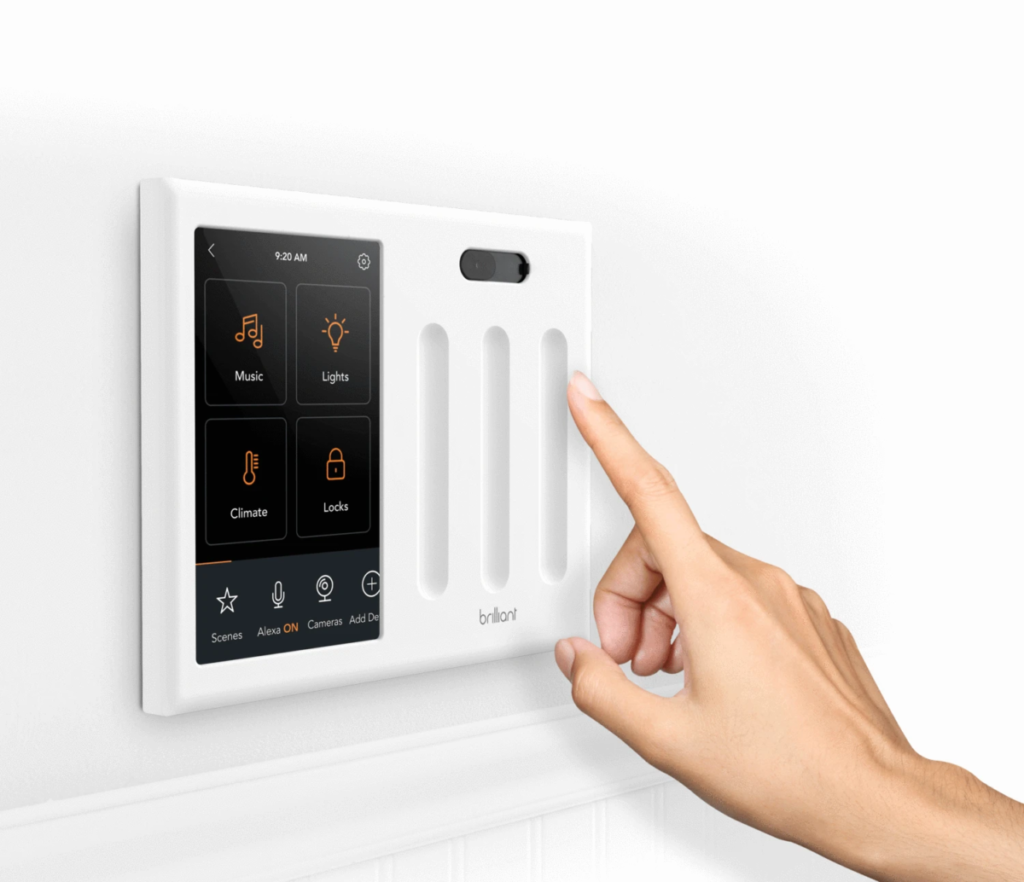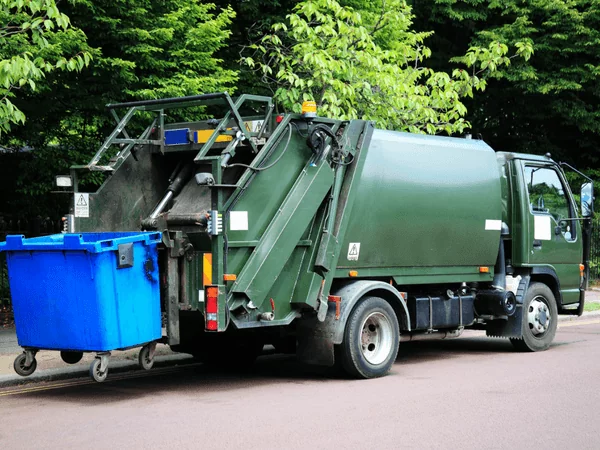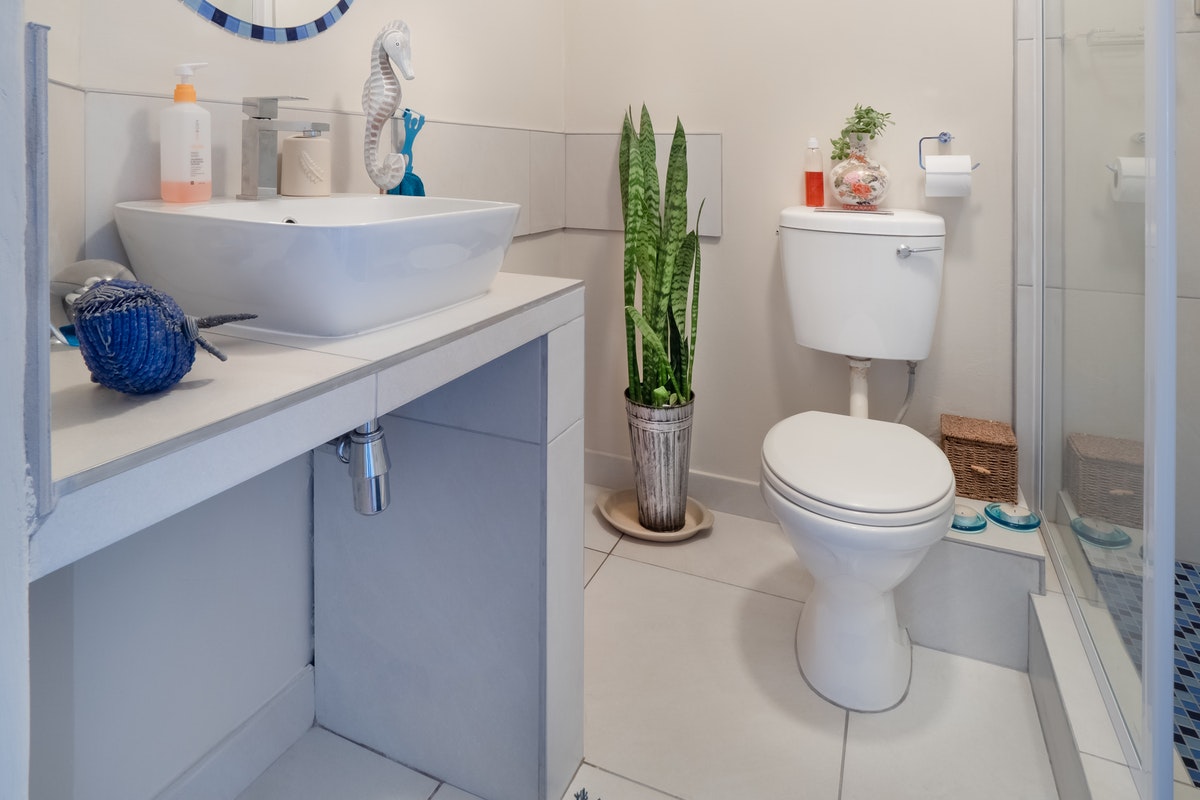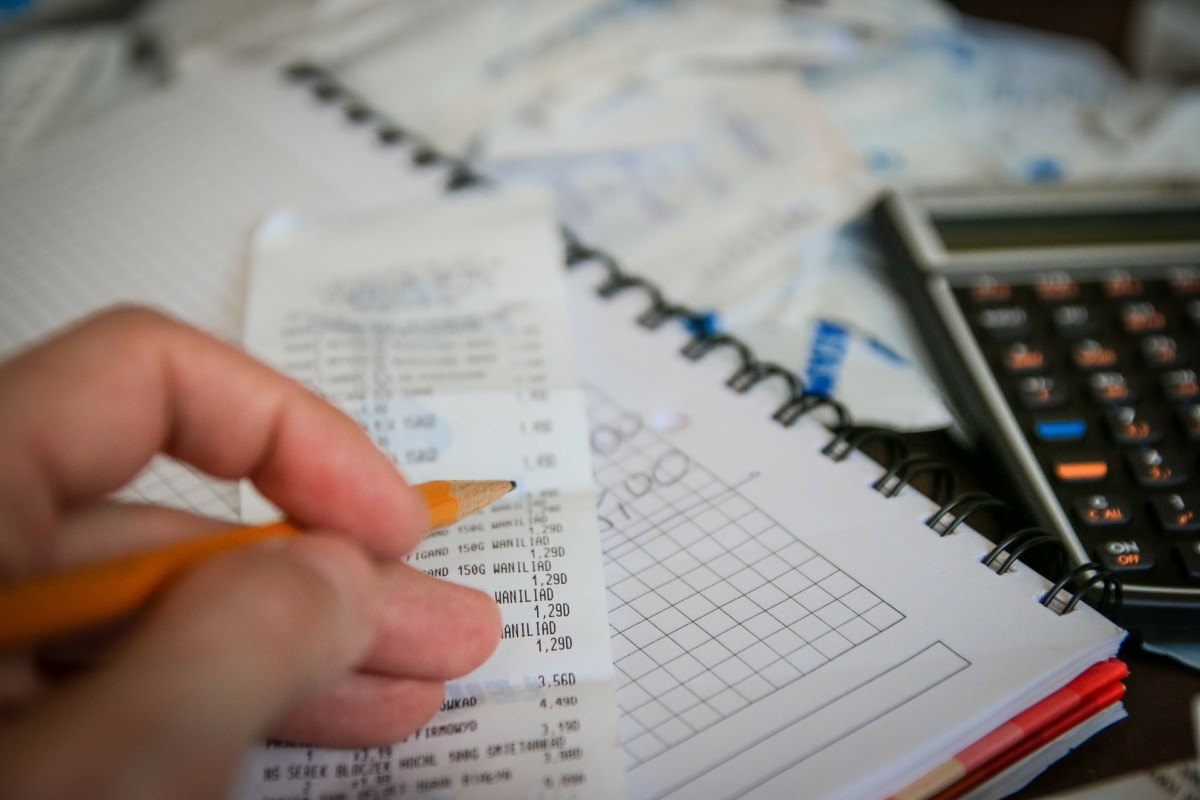Utilities are the cornerstone of a habitable rental property. Before moving to a new apartment, renters consider costs other than monthly rent. To come up with a proper budgeting plan, you need to take into account different expenses including average utility bills. They add up quickly, so it’s prudent to discuss with the property manager before signing any agreement.
When shopping around for an apartment, you should bother whether or not utilities are included in end-of-the-month rent. Since different buildings and managers prefer certain practices that not everyone does, you need to approach them to find out whose responsibility will be to offset what utility cost. Generally, landlords lump the cost of trash collection and sometimes water into your monthly rent.
Who pays for utilities, landlord or tenant
Who pays for what will be dependent upon a few factors. Here are four of them to consider:
1. Rent price
Coming up with rent prices involves deliberating on what to include. A rent price is a representation of what you’re offering.
An example is including:
- Utilities
- Parking
- Laundry
As a landlord you add value by including these perks and match them with the price.
It makes total sense for the rent to reflect the demand and season.
2. Rental listing
Landlords can build an effective rental listing with rent price in mind and capture tenants interest.
Related post: How to Describe an Apartment For Rent
The more you include information in the price, the more people will be influenced by it.
You give tenants a feeling that they get an awesome deal when you include utilities. It provides them with the convenience of not setting up utilities or paying extra charges each month.
3. Control
Paying utilities comes with some responsibilities. It’s easier for landlords if they let tenants take care of them.
The converse is true if there are complaints of services/supplies running out.
Non functional utilities might force a landlord to step in all the time to resolve or transfer all utilities to his/her name to handle them better, and in turn increase the rent price.
4. Convenience
Tenants prefer convenience – anything they can do without or add to serve their needs without affecting others in the building.
Internet and satellite TV are some of them.
It makes perfect sense to let them handle utilities that may be unique to them.
Nonetheless, the same utilities could justify higher rent and be an attractive feature of your rental.
Which utilities are there in an apartment
Moving to a new city or apartment means you’ll have to find new vendors within your location.
Organized communities have a bunch of them. It won’t take you long before identifying the ones you’ll work with.
Sometimes there are strict rules on whose services to source in case of contracted individuals or company. But other times, it’s entirely upon you to decide who to go for.
Below are common types of apartment utilities either you or your landlord will be responsible for:
1. Electricity

No doubt electricity is a basic amenity when looking to rent a home.
We use it to light, cool, and heat our homes. Each appliance you use draws power, a cost that you’ll personally have to meet.
Expect the energy bill to spike if you frequently use heating and cooling systems. Learn to minimally use refrigerator and water heater, so that you don’t go beyond your expected utility bill range.
At times, having control over these major appliances can be difficult. What you do is pay great attention to the energy efficiency next time you check them out in the store.
There will be a cap to how much energy you can consume if your landlord is supposed to cover this. And that means any excesses will be on you.
2. Water
Water is a basic commodity in the home. In most cases, water will be billed to your apartment. But it’s possible to find the whole apartment community sharing water cost at the end of the month.
This amount should be added to the next rent payment.
On average, a household can consume $40 worth of water per month. Knowing this can guide your usage and shrink whenever necessary.
3. Security/parking
Apartment blocks clearly acknowledge security as a top priority for renters.
Depending on the region, managers might have security systems in place. If it’s only an alarm and surveillance camera installed, there’ll be no burden on you.
On the other hand, there are areas that prompt to have a day and night guard. In this case, security firms will be contracted.
The extra cost of hiring security personnel will trickle down to you as either a standalone fee or extra rent.
Having a parking lot within the compound is a selling point for landlords. They will not expect you to pay anything in this regard.
4. Trash/garbage collection

Any new renter in the block has to find a way to get rid of trash. Good thing is landlords take care of this – at least in most areas.
Therefore, your rent will be enough to relieve you of trash disposal worries every month.
Some managers will bring in residential garbage collectors and require you to pay an amount toward this. Typical charges are between $12 to $20 per month.
5. WiFi
Another trend observed in new apartments is installed WiFi and satellite TV.
The utility cost for these can be bundled together, where already the rent covers for this.
A basic package might just be what you need. But if the budget allows or when the demand is there, you can upgrade your plan to access more features.
How to calculate utilities for an apartment
Going by the budget you have, you can approximate how many utilities you will be able to support each month.
Remember utility bills depend on frequency of usage. Other factors that determine how much you’ll pay include the location of the apartment, the size, number of people you live with, and weather/climate. Seasonal usage of AC, lights and refrigerators will mean certain bills will fluctuate.
Cable and internet offers and promotions come and go. Depending on individual needs, consumption may vary from month to month.
But who knows utility cost better than the landlord?
They will help you understand what figures to look at and plan which utilities are priority.
Find time to talk to tenants to find rough ideas. Then go back home and compare your current bills.
You’ll get a projected cost estimate to expect moving to the new place when you use a utility cost calculator or any other valid online calculator.
Over to you
It’s time for you the renter to check rental listings around you.
Once you find a place, the agreement you’ll sign will contain details about what you’ll be responsible for throughout your stay.
If necessary, the landlord or property management will provide specific instructions on when and what should be turned on.
When relocating, be sure to update your address and billing information with electricity and gas providers, so that you settle with peace in your new place.




